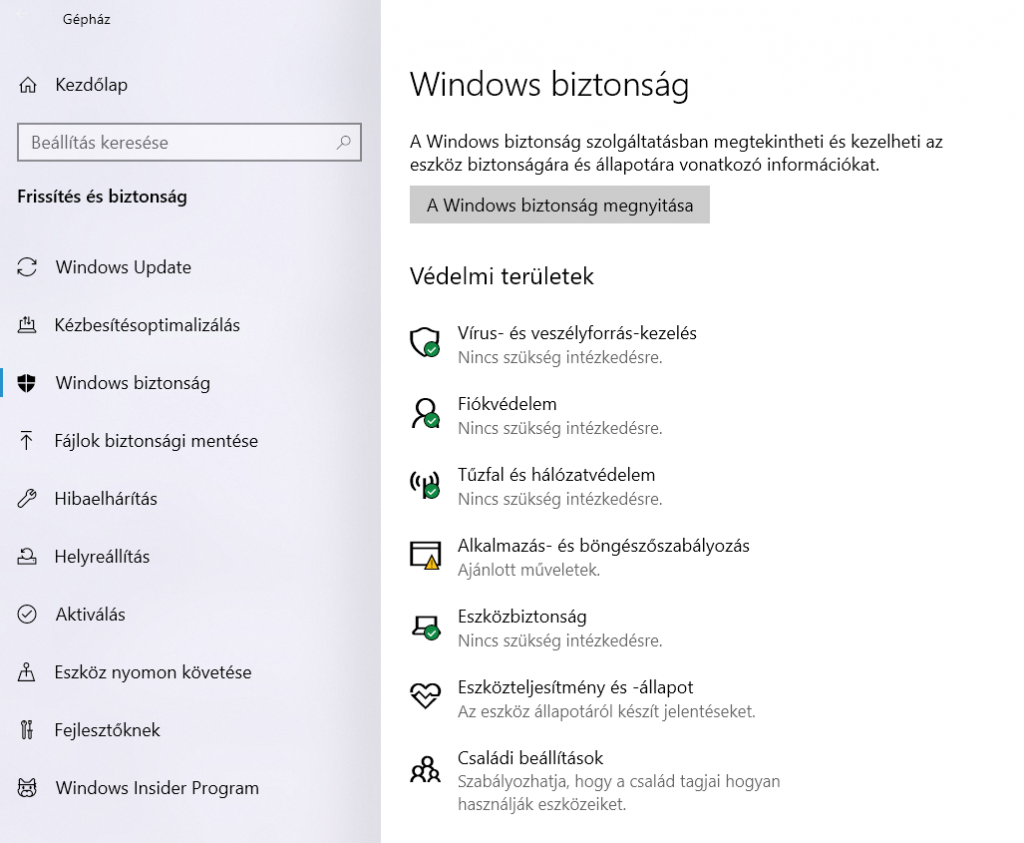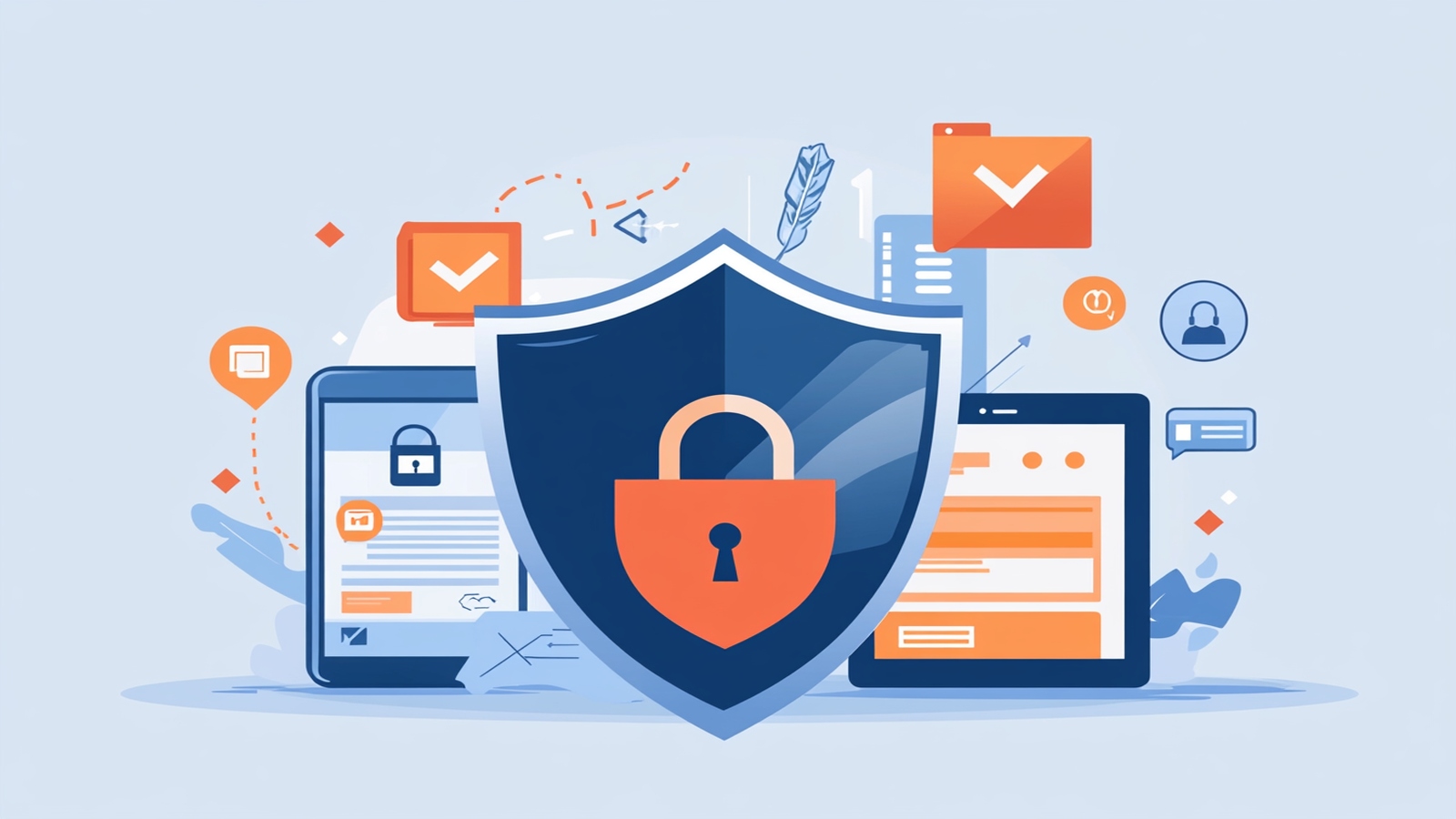IT security is changing dynamically, and so are the strategies to protect it. Whereas in the past, a new Windows machine was one of the first machines to have an antivirus installed, many people now prefer to use the built-in Windows Security rely on the functions of. But is it really enough? Let's take a closer look!
Why has Windows Security become popular?
Introduced in 2009 Microsoft Security Essentials was designed to give us basic protection, directly as part of the operating system. Since then, this software has evolved and the current Windows Security now offers features that used to be available only in third-party developers' software. These include virus and malware protection, a firewall and browser protection tools to prevent malicious downloads.

A Windows Security its biggest advantage is that it is virtually self-contained. There is no need for manual updates or constant intervention - it works in the background, automatically updating virus definitions and running regular scans. In addition, depending on the hardware, you may also benefit from additional security features such as Trusted Platform Module (TPM), which prevents malware from interfering with the basic operation of Windows.
The security role of browsers
If you use modern browsers, such as Google Chrome or Microsoft Edge, they also contribute to your protection. They detect suspicious websites, block dangerous downloads and prevent malicious code from running on your system. Frequent browser updates also strengthen security, as developers regularly fix vulnerabilities.
That's why it's important to always use the latest Windows and browser versions, as these already provide strong protection against most threats.
Why consider third-party antivirus?
Although the Windows Security provides excellent basic protection, third-party anti-virus software gives us even more options. Many of these include features such as VPNs, parental controls, password managers and secure cloud storage. Some antivirus even monitor devices connected to the network, such as our smart home devices, which may not have adequate data protection.

These solutions are often more proactive, like the built-in protection of Windows, which constantly monitors the data coming into the network and reacts immediately to any threats.
Do we need an antivirus?
There is no simple answer to this question. If you keep your Windows operating system and browser up to date and don't need any special features, you can use the Windows Security is likely to provide us with sufficient protection. However, if you frequently download files from dubious sources or want extra security features, you may want to consider a third-party antivirus solution.

It is particularly important for IT professionals to have multiple layers of protection in place, especially when handling sensitive data or working on corporate networks. It's similar to driving a car: if you follow the rules and pay attention, you're likely to avoid problems, but it's even safer if you're in an armoured car with a police escort.





